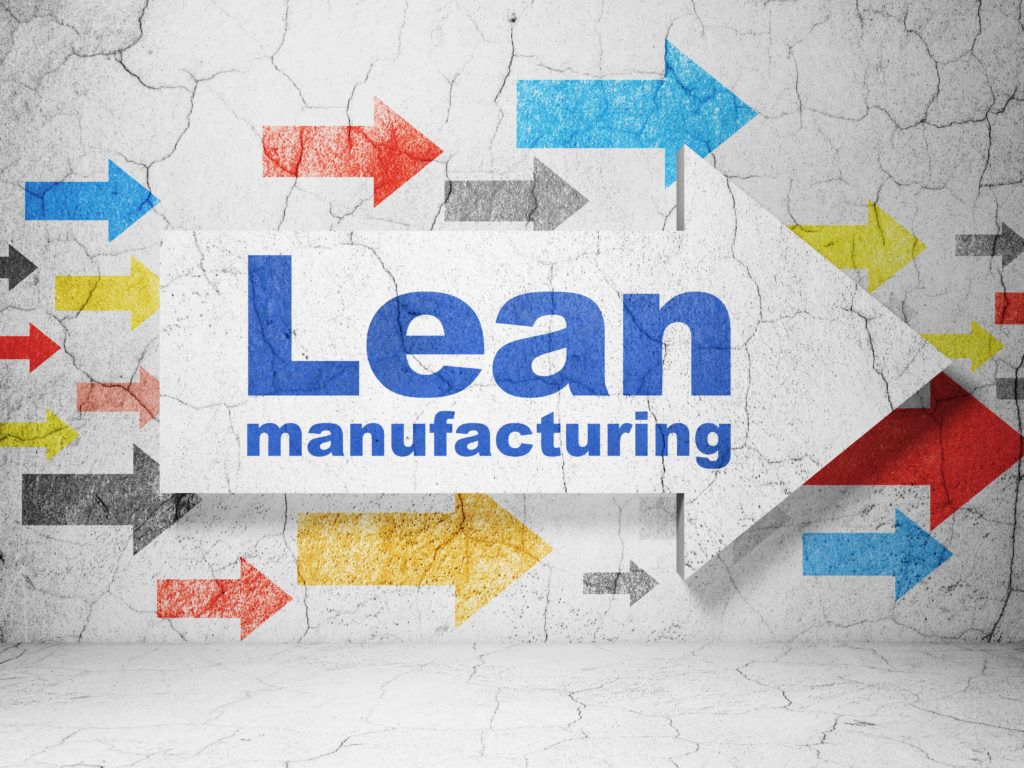Many companies are drawn to the idea of Lean manufacturing. Six Sigma and other Lean principles are frequently the subject of implementation by companies looking to increase efficiency. What are some of the characteristics of the Lean process and why are companies using Lean manufacturing?
What Is Lean Manufacturing?
Lean manufacturing means setting the continuous elimination of waste as a goal and using small and incremental improvements to work towards creating a waste-free environment. The goal is to avoid waste related to:
- Product overproduction
- Product defects
- Human motion
- Labor
- Inventory
- Space
- Transportation
What Are the Benefits of Lean Manufacturing?
The benefits of a Lean process can be many, but they typically include the following:
- Safer Work Environment: Less inventory means less clutter, which means a reduced opportunity for accidents and better visibility.
- Better Employee Morale: A cleaner work environment is more pleasant for employees to work in. Efforts towards more efficient and less wasteful production methods can also make your employees’ work more productive and less tedious, further improving morale.
- More Flexibility: Since you do not have as much excess product or unnecessary inventory, it’s easy to pivot and work on new projects without worrying about losing money on work you have already done or inventory already acquired.
- Fewer Defects and Better Quality: Since there is less of a focus on excessive production, there is more of an opportunity to focus on quality. And if there is a defect in the process, you can correct it with minimal damage, since you are working on limited inventory.
- Better Customer Service: By reducing various types of waste in your company, you can get products to your customers, faster, and meet their needs more easily.
- More Available Capital for Investing and Growth: By not tying up excess capital in inventory or overly large production runs, you can have more money to invest in company growth.
- Better for the Environment: One of the biggest threats to our environment today is the excessive waste. By creating a culture focused on eliminating waste, you can help your company reduce its negative impact on the global environment. Companies that are eco-friendly have great appeal in today’s more environmentally-conscious society.
Implementing Lean Manufacturing in Your Business
By definition, Lean manufacturing doesn’t happen overnight — so if the idea of switching your company over to a Lean model seems daunting, you shouldn’t worry. The first step is recognizing the benefits of Lean manufacturing and making a commitment to making it a part of your company’s culture. Lean manufacturing is a philosophy as much as it is a process.
Once you have committed to the Lean process, you can slowly start to ease Lean principles into your daily manufacturing environment. As you start to find ways to eliminate waste, you should find that the process builds on itself, allowing you to become more and more efficient and effective as you go along.
